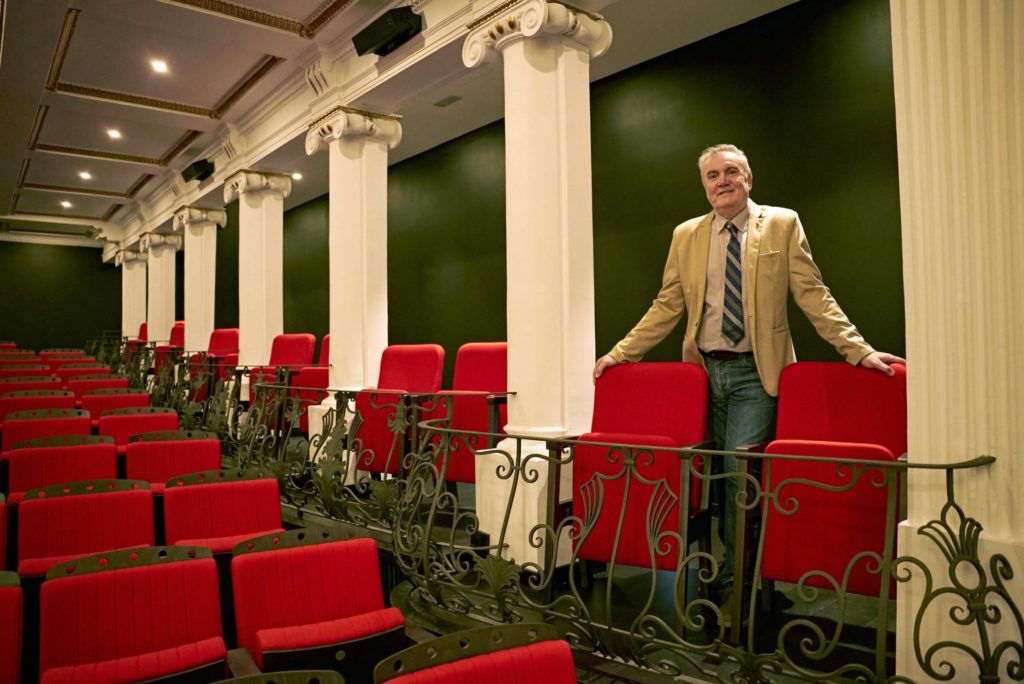
Biel Amer, Inca’s Teatro Principal director. Photo: Joan Sastre.
After a reform that began in 2013, the Inca Theater reopened on Sunday 107 years after its inauguration with scheduled visits for neighbors without the staging of any play. Days before, in his office, the director of the institution, Biel Amer, finalizes details, shows how the main room has been, the technology that the brand new small room has and explains the objectives of his management. Journalist, cultural manager and man from Inca, Amer tells that the first show will be presented next Wednesday and that the official opening of this emblematic building in the city will be closer to Christmas.
What were the specific reforms?
The main reforms have been the improvement of the luminosity, the sound and the heating. The main hall of the theater was also renovated. It is smaller now. It has 605 seats, but there is more space between seats. One of the novelties is the small room. It is totally new and has 152 seats. It is intended for more intimate events and is equipped with the latest technology. In general, the theater has improved in all respects.
How much money has been invested?
The total reaches around 6,500,000 euros. 50% of the remodeling has been done with ERDF funds (European Regional Development Fund) and the remaining 50% was covered by the Government, the Consell and the City Council.
How do you feel when directing a centenary theater in Mallorca?
It is a very important challenge. It is a significant challenge. I am a journalist and cultural manager and I am from Inca. This is the theater of my town. I know the people who are going to come, I have family here. Personally, I feel that it is a good time to take on this exciting challenge. The management process has been very hard, like nine months. There is a lot to organize. From minimal things to defining a schedule and box office prices.
What are the objectives and axes of your management?
For me, culture in general and theater, as a form of cultural expression, such as music or art, have an important social part. In the times we live in, the fact of combining the different ways of understanding culture, in a certain way, of understanding life, is an important challenge. It is a cultural challenge to integrate people. Of course, there will be those who do not want to integrate. But you have to make the effort. We have to try. For example, on November 20 in the main hall there is a lyrical gala with José Manuel Sánchez, a tenor who is from Inca. He will do opera, zarzuela and song pieces. I understand that it is difficult to sell that show, but we must try. Contemporary dance has a small audience, but it has to be in the program. There also has to be a playful, festive component. On Wednesday 17 begins the programming with the comedian José Corbacho. He will make the entire audience laugh.
How do you intend to link the residents of Inca with the theater?
I have always had this theory. Sometimes the townspeople are the last to arrive. And word of mouth reaches them. Someone tells them: “hey, I’ve been to Inca and I’ve seen a play that I really liked.” There are times when people do not pay attention despite the diffusion. So it is important to stimulate curiosity and also to link theater with schools. I have done a training for public management. A case from Amsterdam stood out for me. In an old hospital they built a cultural center. The first guests were the neighbors. The objective was to integrate them, so that they feel that this space is theirs, that they were the first users. The idea is to enlarge the circles, that the word of mouth is greater. For this reason, the first guests to the Inca theater were the neighbors.
Do you dream of bringing a particular show?
Over the years I have learned to slow down. I do what the budget allows me to do. When we are well installed and experienced, probably if you try to take an international project. It is a risk that you take, but you already have a consolidated experience.
What percentage can you estimate that there will be theater, concerts, dance and other performing arts?
In principle we will not work with percentages. We will accumulate activities based on availability. We will have to adapt the programming to the city schedules. So on Monday, Tuesday and Wednesday, if they are not holidays, we will have artist residencies, an agreement with the Principal Theater of Palma. Thursday is a day of film tradition with affordable prices. It is for a not so commercial audience. And Friday and weekend there will be theater and other shows.
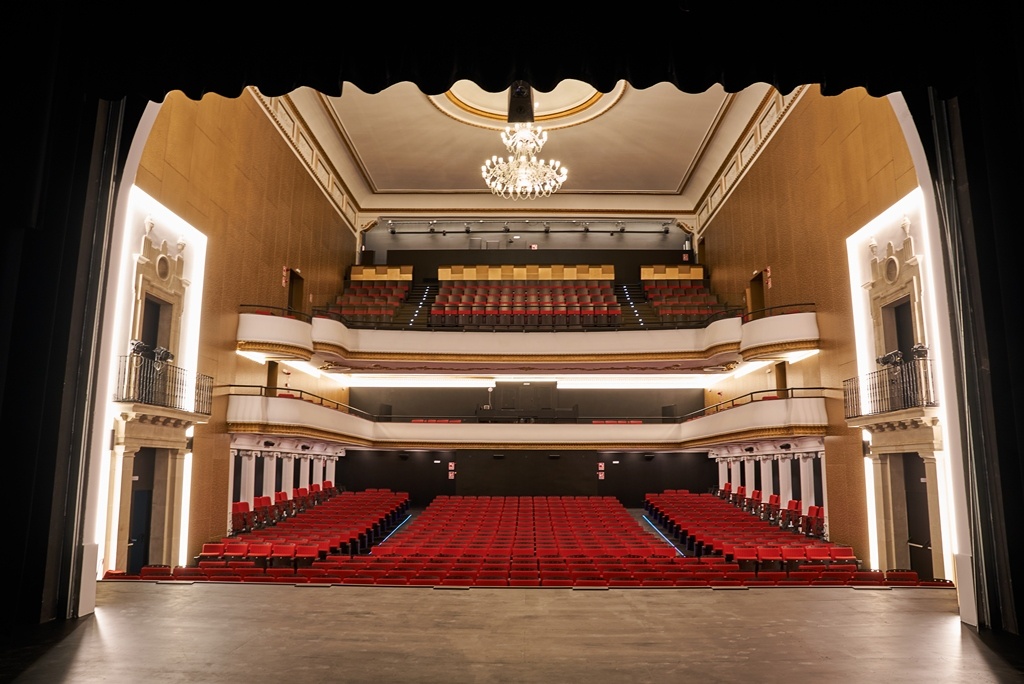
The main hall of the Inca theater is ready to receive the spectators. Photo: Joan Sastre.

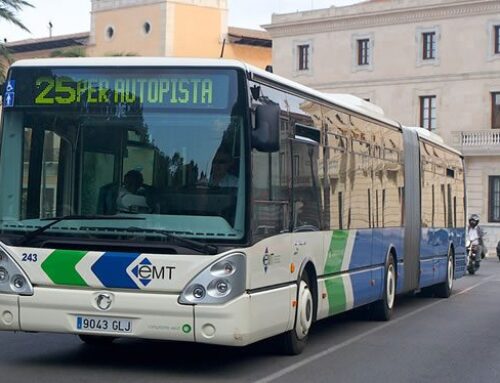
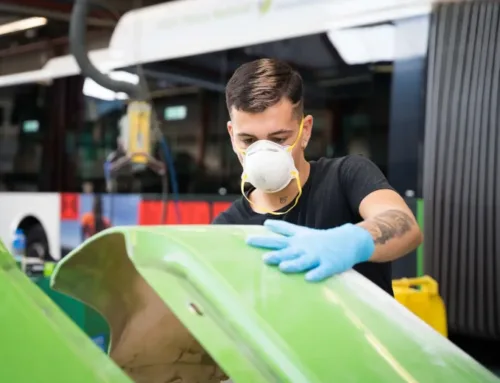
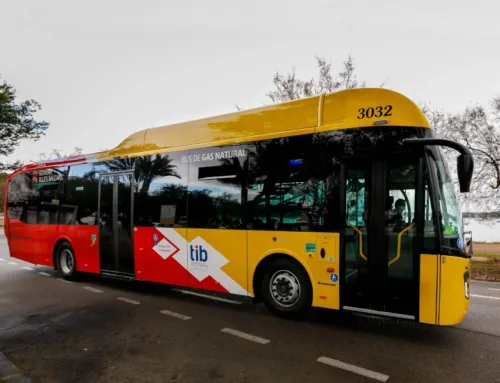
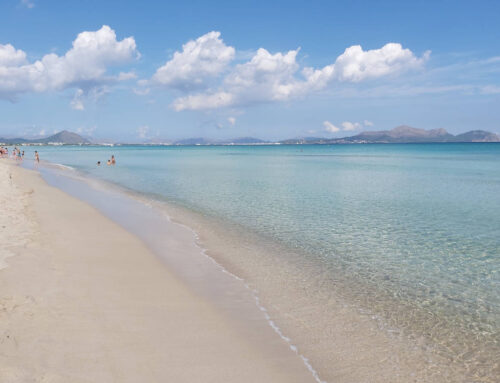
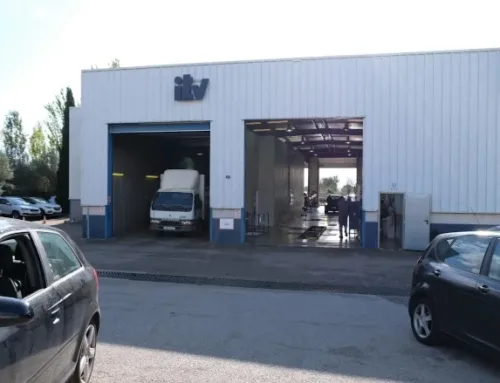

Leave A Comment